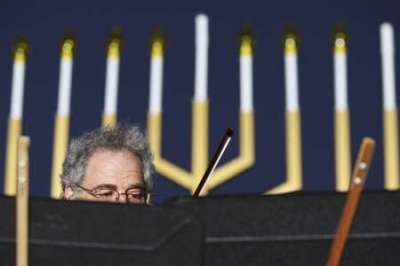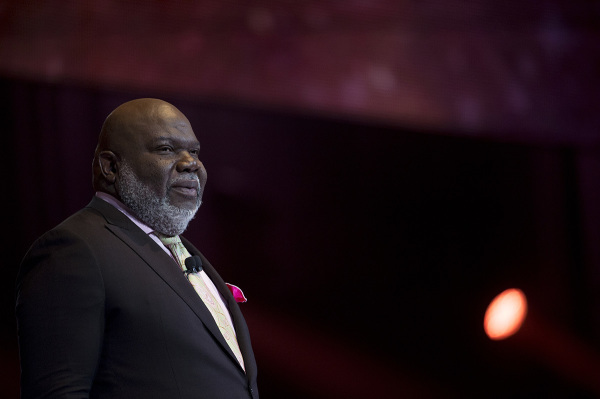The Meaning of Hanukkah — The Miracle of Light

During the darkest time of the year, when the days are short and the nights long, we celebrate Hanukkah, also known as the Festival of Lights. It commemorates events that occurred during a dark period for the nation of Israel, yet God brought about salvation for His people and a miracle of light.
The Origins of Hanukkah
In the 2nd century BCE, the Greeks controlled the nation of Israel and had oppressed the Jews. They sought to destroy the Jewish people by outlawing the most essential Jewish practices and encouraging complete assimilation. The Greeks believed that they were the enlightened ones, and maintained that the Jews who followed the Bible were stuck in irrelevant rituals of the past.
The Greeks won over many Jews — known as Hellenists — some of whom then became the worst enemies of Jews who adhered to their faith and the Bible. It was a small faction of this group who resisted the Greeks and ultimately rebelled.
The rebellion began when the Greeks demanded that the Jews sacrifice a pig to Greek gods. Instead, the High Priest slaughtered a Greek governor. A family of priests, led by their father Mattityahu, headed to the hills of Judea where they launched a guerrilla warfare campaign against the Greek army.
This tiny group of pious Jews, who called themselves the Maccabees, managed to defeat the mighty Greek army. After several years of fighting, they succeeded in liberating the Temple in Jerusalem and driving the enemy from their midst. But when the fighters arrived at the Temple, they were devastated to find it completely desecrated.
Undaunted, they cleaned it up, removed the idols, and rededicated the Temple on the 25th day of the Hebrew month of Kislev.
The Meaning of Hanukkah
Hanukkah means "dedication" and recalls both the rededication of the Temple and the devoted dedication of the Jewish fighters.
The miracle of Hanukkah came when it was time to light the Temple lampstand, called the menorah. The Jews could only find one jar of pure olive oil required for lighting the lamp — only enough to last one day. The Jews decided to light the menorah anyway, and miraculously, the oil lasted for eight days, long enough for more olive oil to arrive.
Today, we commemorate this miracle by lighting our own menorahs for eight nights.
While this miracle of Hanukkah is directly connected to light, the celebration of light goes beyond remembering these events of the past. Light and darkness are symbolic of the entire Hanukkah story and serve as the basis for the eternal lessons that can be learned from this rich holiday.
The battle between the Jews and the Greeks was more than a physical battle; it was a battle of ideals and values. The Greeks believed that beauty was holy. The Jews maintained that holiness was beautiful. The Greeks worshiped the physical body. The Jews cherished the soul. The ideals of the Greeks encouraged immorality, idolatry, and selfishness. The Jews stood for goodness, godliness, and kindness.
This was a battle between good and evil, darkness and light. While the Greeks tried to extinguish the light of the Torah, a great miracle happened, and the small group of loyal Jews were able to vanquish the darkness. God fought the battles for the Jews who fought with their faith.
Hanukkah is a holiday of hope, one that teaches us that there is no limit to what we can accomplish when we let God be our guiding light and do our best to shine our own. I pray that these devotions will encourage us all to shine God's light in the darkest places of our lives and in our world.
Rabbi Yechiel Eckstein is the founder and president of the International Fellowship of Christians and Jews, which now raises more than $140 million per year, mostly from Christians, to assist Israel and the Jewish people. Since its founding, The Fellowship has raised more than $1.4 billion for this work. The organization has offices in Jerusalem, Chicago, Toronto and Seoul.





















